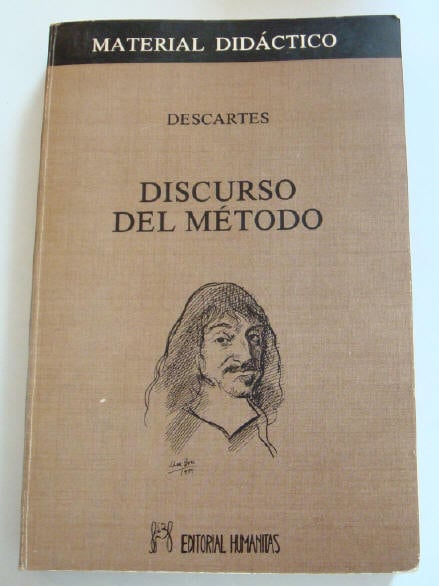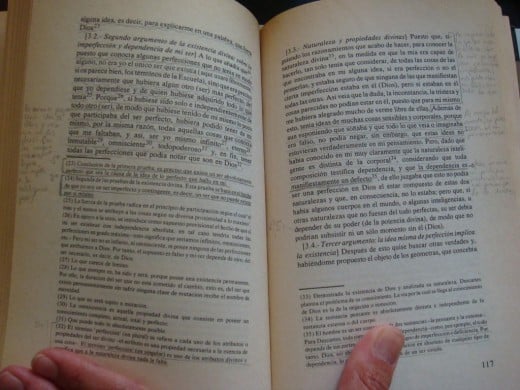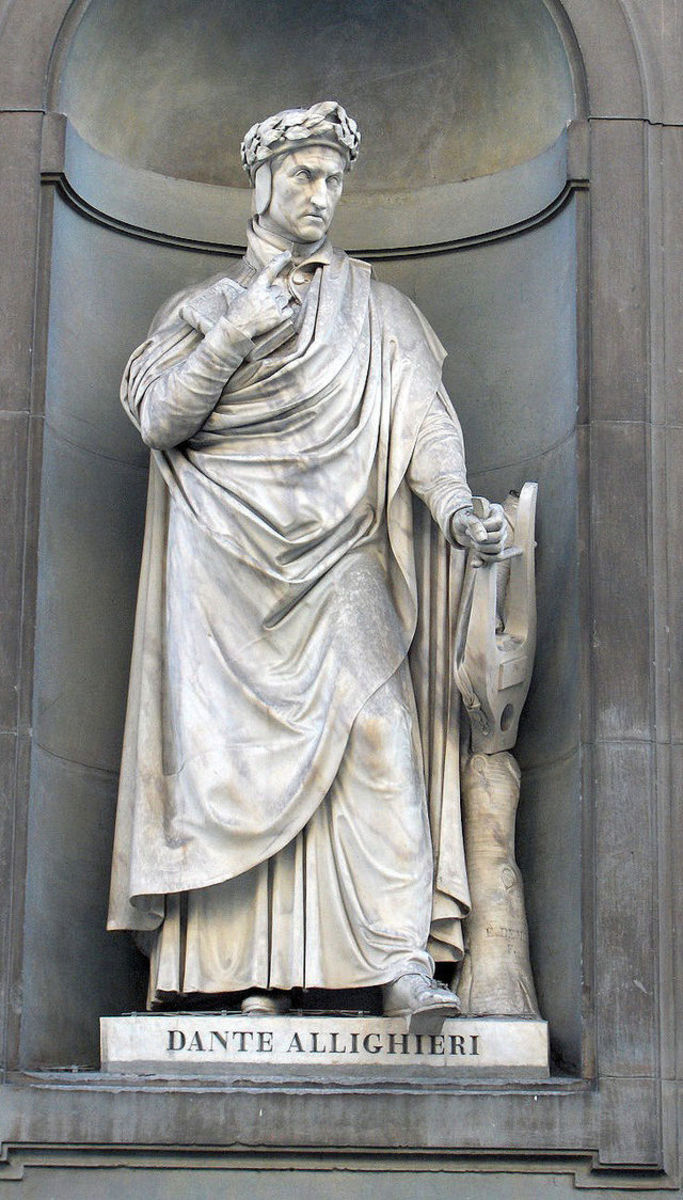Elena Does Descartes and His Method
"Good sense is mankind's most equitably divided endowment...the differences of opinion are not due to difference in intelligence, but merely to the fact that we use different approaches and consider different things. For it is not enough to have a good mind: one must use it well." -- Descartes

René Descartes (1596-1650) was a French philosopher and mathematician and is considered the father of modern philosophy. For his life and works, you can click on his name above, this article delves on his famous method and my views on it.
I'm not too fond of disclaimers, but here goes one: This is my opinion.
The Method
Descartes' Discourse of Method is based on the premise to doubt everything as basis to remove oneself from preconceived notions and come up with a critical assessment born of observation. The Method provided the world a platform for all modern science to evolve. It's primarily based on the empiric method whereby data is collected and then conclusions are derived.
All of Descartes' theory is based on his presumption that there are three things that can't be doubted. Each follows a previous predefined Descartian condition, so I present them in order of Descartes logic:
1. Something has to be there to do the doubting, which induced his universally known "I think, therefore I am".
2. Doubt or doubting cannot doubt reason, because doubting is based on reason. I know, quite a mouthful.
3. Reason existing, there must exist a God as guarantor that reason is well used.
From these three premises, number 1 and 2 semi sort of adhere to the scientific principle of observation, which Descartes himself helped formulate.
Number 3... nope, sorry. I don't know where Descartes got the notion that someone, a god or anything else, ought to be guarantor that reason is well used. Particularly, when it's been proved once and again that reason is most frequently NOT well used. If anything, number 3 would be proof that god doesn't exist. In any event, and in spite of this flaw of logic and reason, applying Descartian method, I would start by doubting that god exists.

Descartes and I
I admire the man, this great thinker, and what he stood and still stands for, and at sweet sixteen he really bowed me, and provided me with a method to analyze my apparently incurable allergy to faith. However and ironically, Descartian method helped me achieve the opposite of what he proposed, disprove the existence of god, or at the very least use reason to doubt that god exists.
At that tender age, that realization was somewhat of a let-down to my young sensitivities, and it made me think of Descartes as a bit of a cheat and, as with many an affair, it ended rather bitterly when I discovered him cheating.
He tried very hard, and very empirically, in three different dissertations within the Discourse to prove the existence of God via logical reasoning. He didn't provide one single empiric fact to support his position, although I admit he pulled if off rather masterfully with "logic language", that is, reasoning that is linguistically flawless, but cannot be scientifically proved.
Flawless logic language, but I wasn't convinced
His extremely famous "I think, therefore I am", is (in case you never thought of it), one of the greatest syllogisms of history. Logically, "I am" cannot be deducted from "I think". The only fact that can be deducted from "I think" is "I think"!
However, Descartes used the "I think, therefore I am" to kick off one of the best postulations ever to support the existence of god: "If I think, there must be something making me think", and followed it up with, "this something must be outside myself to ensure I think properly".
Even today, I remember reading the fabulous Method and all of a sudden dropping the book on my lap and thinking, "but, but, but..."
But nothing. I was back to square one. It seemed it was just not possible to conceive the world and the natural order of things without explanations from out of this world and actually far removed from the natural order of things. Ack. Descartes reasoning sounded very solid, but to me it was just as outlandish and as much a verbal edification as Jesus walking on water. I so wish he'd saved the third principle, the third certainty that couldn't be doubted.
In spite of that, and in spite of the sour taste in my mouth at feeling cheated, I had to hand it to him, the guy kept me awake for nights on end, and I kept revisiting Descartes' postulations for months after my first read.
Time cures everything, and my 16 year old broken heart mended quite well with the years. Soon I started to see Descartes for what he was, one of the greatest thinkers of all times, his method a bright light that shines full of reason and intelligence.
I still have the same copy of Discourse of Method that I read for the first time when I was 16, and it's one of my most prized and loved books. After all, who cares about the existence of god.

© 2009 Elena.







